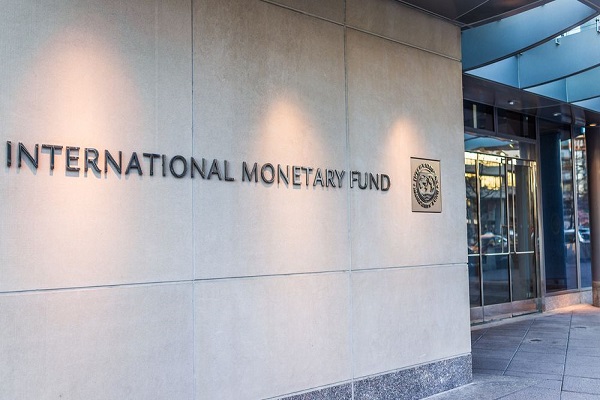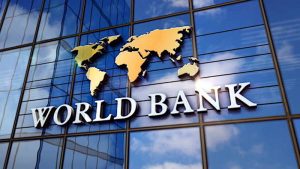
I’m In a show of support for Nigeria’s economic reform efforts, the International Monetary Fund (IMF) has emphasized the importance of social protection for the country’s vulnerable populations, suggesting that funds saved from petrol subsidy removal be allocated to healthcare and education.
IMF’s African Department Director, Abebe Selassie, conveyed this message during a press briefing at the World Bank/IMF annual meetings in Washington, D.C. “This is not the time for spending cuts but rather for investment in healthcare and education to drive growth and improve social outcomes,” Selassie said, adding that “a social protection scheme is essential to lessen the impact of these reforms on Nigeria’s vulnerable populations.”
Finance Minister and Coordinating Minister for the Economy, Wale Edun, elaborated on Nigeria’s reforms in a separate discussion with investors, underscoring the government’s decision to remove petrol subsidies on October 2, 2024. “We are now assessing the full benefits of subsidy removal, which will yield significant dividends for the Nigerian people,” Edun noted.
On the issue of additional IMF financing, Selassie confirmed that Nigeria has not requested any new loans, despite ongoing economic adjustments, including exchange rate unification. “The choices made by Nigeria align with better public resource management and are expected to unlock the economy’s full potential,” he stated, acknowledging the challenges that come with such reforms.
However, Selassie stressed the need for Nigeria to establish social protection programs, particularly for the most vulnerable, to mitigate the adjustment costs. “A better job can be done by rolling out social protection, especially for the most vulnerable,” he advised.
Selassie further outlined broader economic challenges in Sub-Saharan Africa, citing subdued growth, tight financing conditions, and rising social frustration from macroeconomic adjustments. He projected that regional growth, though modest, would rise from 3.6% in 2024 to 4.2% in 2025.
Additionally, Edun discussed Nigeria’s plans to raise revenue to 23% of GDP to support sustainable growth and reduce the country’s debt servicing burden. “Our optimism for Nigeria’s future reflects President Tinubu’s dedication to impactful policies,” Edun said, noting that the government’s commitment to reforms has reduced debt servicing from nearly 100% of revenue to about 60%.
As of August 2024, government revenue stood at N12.6 trillion, slightly short of the N13.1 trillion target, as reported by Budget Office Director-General, Tanimu Yakubu. “Missing our target by only 3.6% is still a positive indicator,” Yakubu commented.
The IMF concluded by acknowledging the political and social hurdles in executing these economic reforms but expressed optimism that, with social protection, the country’s reforms could foster sustainable growth and public support.








